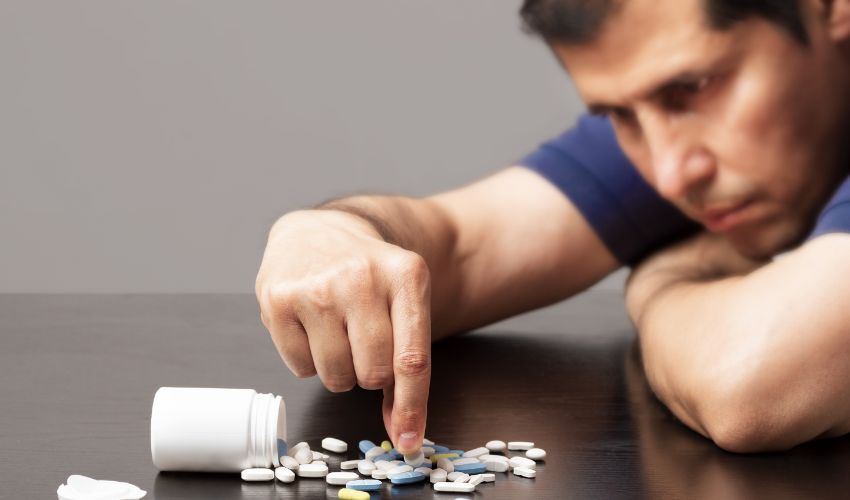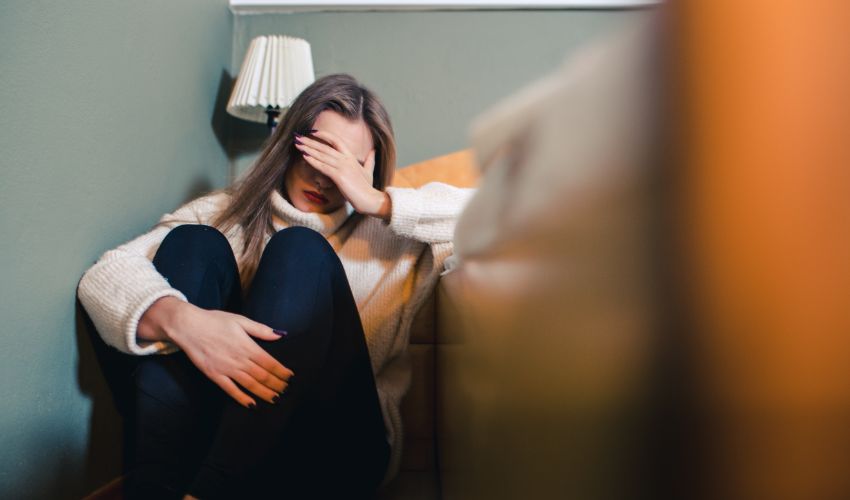Depression is a common mental health condition that affects millions of people worldwide. It can make you feel sad, hopeless, and overwhelmed, and can interfere with your ability to function in daily life. The good news is that depression is a treatable condition, and with the right strategies, you can learn to manage your symptoms and improve your overall well-being.
In this article, we will explore the various causes and symptoms of depression, as well as effective coping strategies for managing this condition.
Causes of Depression:
There is no single cause of depression. Instead, it is usually the result of a combination of genetic, biological, environmental, and psychological factors. Some common causes of depression include:
- Genetics: Depression can run in families, suggesting that certain genes may play a role in its development.
- Brain Chemistry: Changes in neurotransmitters, such as serotonin and dopamine, can contribute to the development of depression.
- Environmental Factors: Stressful life events, such as trauma, abuse, or financial difficulties, can trigger depression.
- Medical Conditions: Chronic pain, illness, or hormonal imbalances can contribute to the development of depression.

Symptoms of Depression:
The symptoms of depression can vary from person to person, but some common signs and symptoms include:
- Persistent feelings of sadness, hopelessness, or emptiness
- Loss of interest in activities you once enjoyed
- Fatigue or lack of energy
- Changes in appetite or weight
- Difficulty sleeping or sleeping too much
- Feelings of worthlessness or guilt
- Difficulty concentrating or making decisions
- Thoughts of suicide or self-harm
Coping Strategies for Depression:
There are several effective coping strategies that can help you manage your symptoms of depression. Some of these strategies include:
- Seek Professional Help: A mental health professional, such as a therapist or psychiatrist, can help you develop a treatment plan tailored to your specific needs.
- Practice Self-Care: Engage in activities that bring you joy, such as exercise, hobbies, or spending time with loved ones. Taking care of yourself can help improve your mood and overall well-being.
- Connect with Others: Social support is an essential component of managing depression. Reach out to friends and family for support, or consider joining a support group.
- Challenge Negative Thoughts: Depression can cause negative thought patterns, such as self-criticism or hopelessness. Learning to challenge these thoughts and reframe them in a more positive light can help improve your mood.
- Adopt a Healthy Lifestyle: Eating a balanced diet, getting regular exercise, and getting enough sleep can all contribute to improving your mental health.
FAQs:
Can depression go away on its own?
While some people may experience temporary episodes of depression that go away on their own, most cases of depression require professional treatment.
Can medication help treat depression?
Yes, antidepressant medication can be an effective treatment for depression when used in combination with therapy and other coping strategies.
Is depression curable?
While there is no cure for depression, it is a treatable condition. With the right treatment and coping strategies, many people are able to manage their symptoms and improve their overall well-being.

Can exercise help with depression?
Yes, regular exercise has been shown to be an effective treatment for depression, as it can help improve mood, reduce stress, and increase overall well-being.
What should I do if I think I have depression?
If you are experiencing symptoms of depression, it is important to seek professional help. Talk to your doctor or a mental health professional to discuss your symptoms and develop a treatment plan.
Conclusion:
Depression can be a challenging condition to manage, but it is important to remember that it is a treatable condition. With the right combination of professional help, coping strategies, and lifestyle changes, it is possible to manage your symptoms and improve your overall well-being.
If you are struggling with depression, know that you are not alone. Reach out to loved ones, seek professional help, and take care of yourself. Remember that it is okay to ask for help, and that there is hope for a brighter future.
By taking action to manage your depression, you can begin to live a more fulfilling and meaningful life. Don’t let depression control you – take control of your mental health and take steps towards a brighter future today.






















